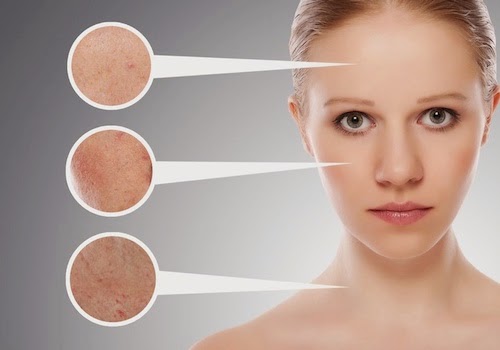When
someone gets any diseases then the first thing that he uses for treatment is
Home remedies. Home remedies refer to the things that are available around us
or I can say available at home. People always love to use them for first aid
treatment.
There
are also some home remedies that can be used to acne removal. It is good to use them because those are easily
available around us and do not have any burden to our pocket. They also do not have
any bad effect for our skin. Here are the some home remedies that work. You can try these. It helps to reduce acne at
home.
To clean face (for oily skin)
- You can use saltwater to clean your face.
- Put cotton balls soaked in vinegar on your face.
- The use of lime is best to clean your face.
To put on face (acne face mask)
- Apply egg whites on face around acne for 20 minutes.
- Apply tea tree oil directly on your acne (have effects in one months of regular uses).
- Make a mixture of one teaspoon lime juice and groundnut oil. Apply that mixture on your acne.
- Apply pulp of ripe tomatoes on acne and wash off within an hour.
- Garlic works as an antibiotic for acne. You can also apply it on acne.
- Prepare turmeric paste and use it on face. This is also helps to get rid from acne.
- Make a mixture of honey or lime juice and apply it on your face.
- You can also use papaya that works best for acne as well as for your skin also. Make juice of papaya including its seed and skin. And apply it.
- Use paste of containing equal portions of lemon juice and cinnamon powder and apply it on acne.
- Apply a paste of ground nutmeg and milk and acne may disappear without scars.
- Make a paste of orange peel and apply around acne that is good for quick relief.
- To get relief from redness and itchiness of acne use dilute lavender oil with rose water.
- Soak cabbage leaves in witch hazel, strain liquid and add lemon oil. Apply it on acne.
To put on night
- Take one teaspoon of cinnamon powder and three teaspoons of honey and make a mixture. Apply the paste on your face before going to bed and wash in the next morning with warm water. You may get acne free skin within 2 weeks by using this.
- Similarly, make a paste of fenugreek leaves and apply it on the face at night. Wash off after 15 minutes with warm water.
- Apply fresh mint juice every night on your face.
- Apply aloevera gel at night on clear skin that is good for skin.
To Eat
- Diet is also play an important role to reduce acne. You have to take healthy diet with fresh fruits and vegetables.
- Lower consumption of junk food, fried food etc.
- Start drinking 7 to 8 glass of water a day.
- Take acne free diet rich in protein.
These
are the some proven home remedies that can be used for treating acne at home. Remember
that you have to extra care of skin and these are good for first treatment
only if it does not work for you then you need to visit doctor.
Read
more





















